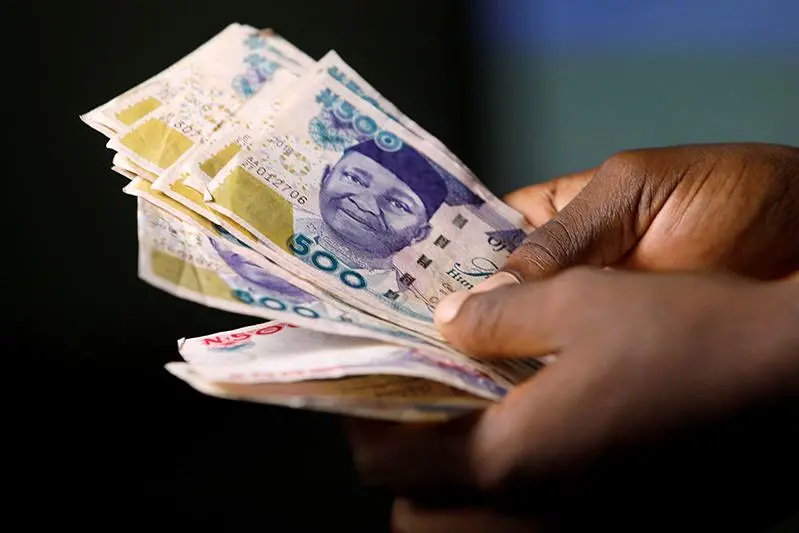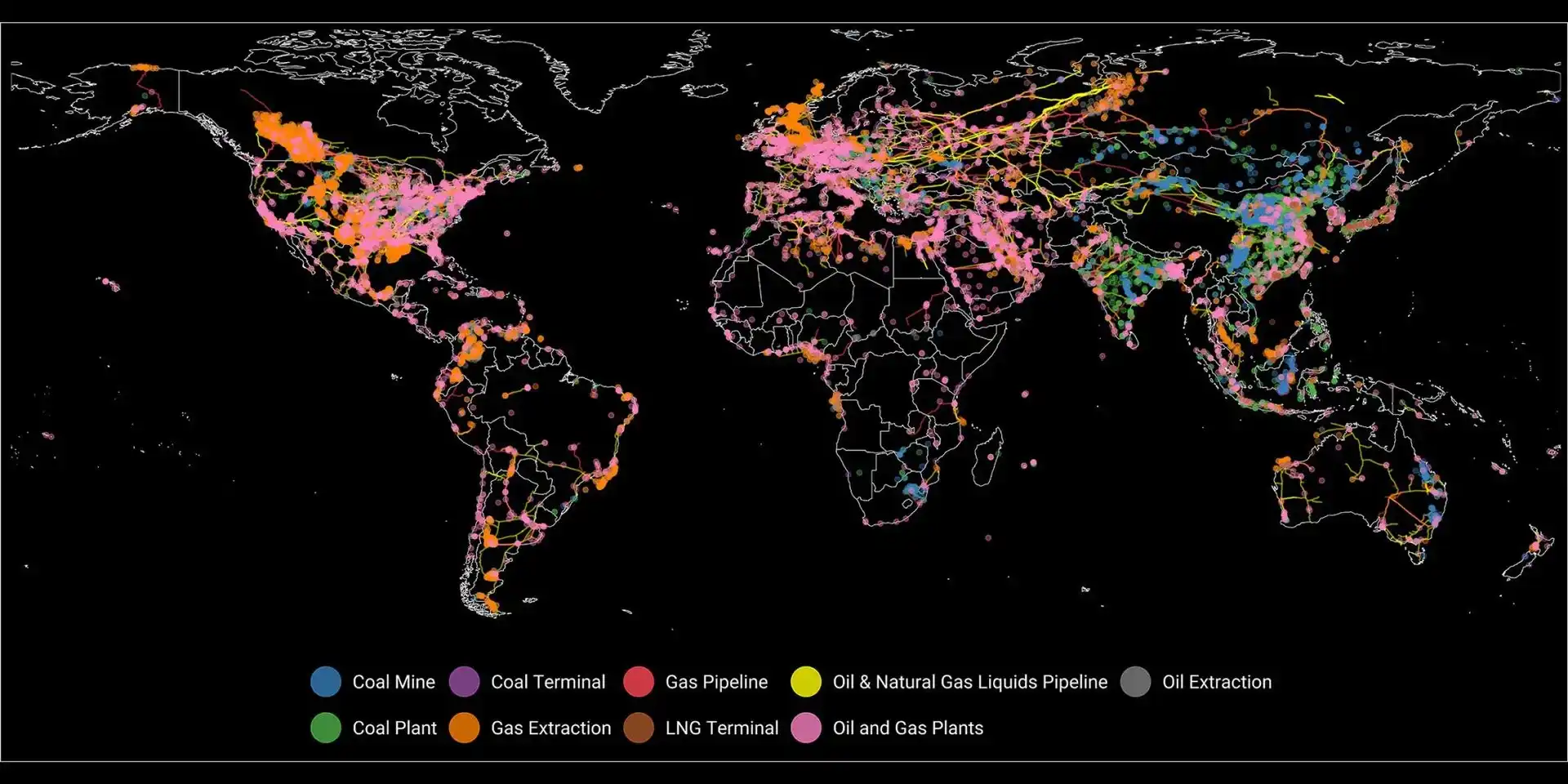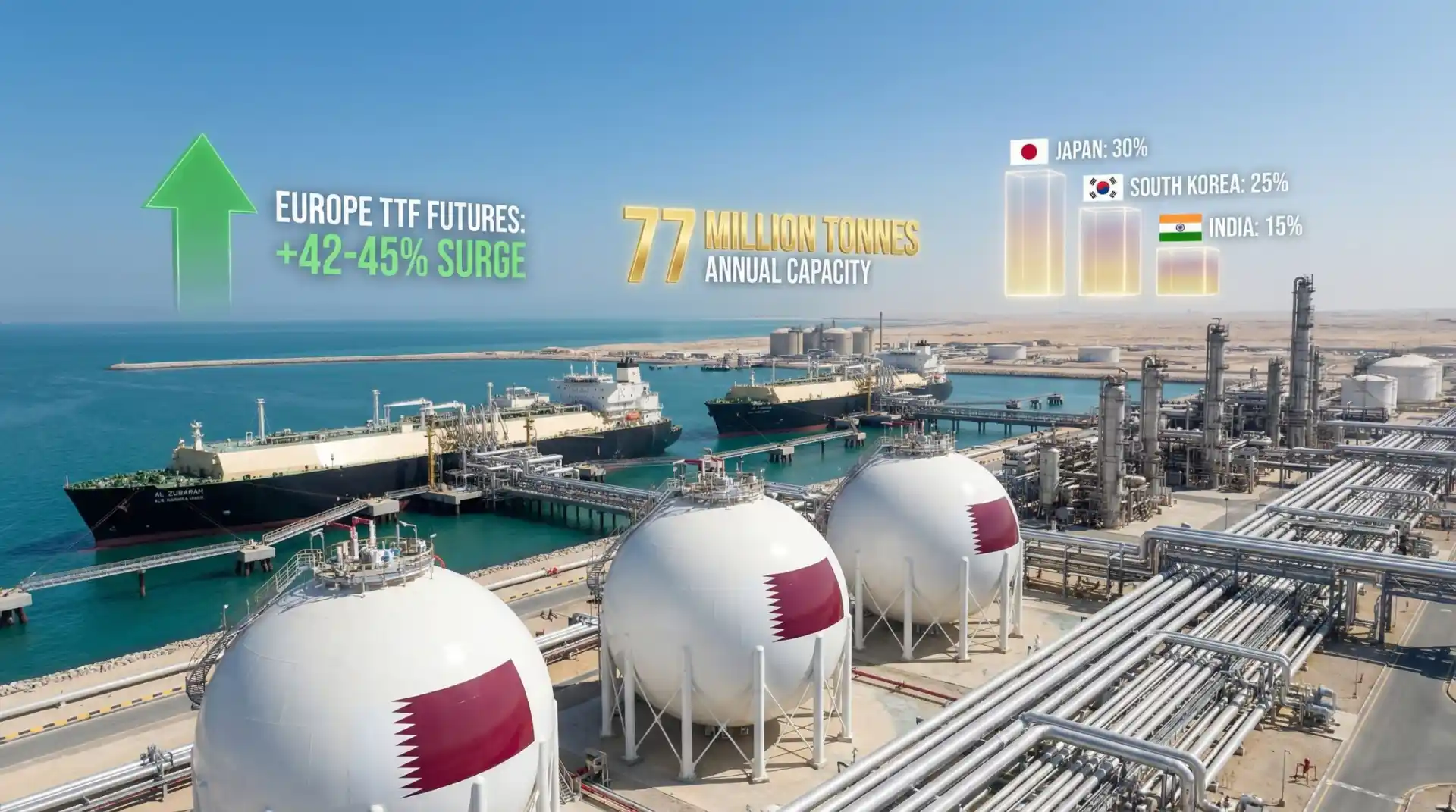Introduction
Nigeria’s external debt burden is poised to escalate significantly as the naira continues its sharp depreciation against the US dollar. Economic analysts warn that the prolonged slide of the local currency will increase the cost of servicing foreign debts, adding pressure to the country’s fiscal position and raising concerns over long-term economic sustainability.
A recent report by Price WaterhouseCoopers (PwC) titled “2025 Nigeria Budget and Economic Outlook” highlights the grave risks of continued devaluation on Nigeria’s total debt obligations. The report emphasizes that the fluctuation in exchange rates will play a pivotal role in determining the country’s overall debt burden in 2025. As the naira weakens, Nigeria’s external debt stock—which is denominated in US dollars and other foreign currencies—becomes costlier to service, further stretching government resources.
While Nigeria’s financial markets saw some positive developments in 2024—such as the oversubscription of a $2.2 billion Eurobond—the nation remains highly vulnerable due to its increasing reliance on external borrowing, high inflation rates, and declining investor confidence.
How the Naira’s Devaluation is Worsening Nigeria’s Debt Crisis
Alarming Growth in External Debt
According to PwC, Nigeria’s external debt skyrocketed by 89.7% to ₦63.1 trillion in dollar terms by Q2 2024, compared to ₦54.31 trillion in Q2 2023. More concerning is the rise in external debt in naira terms, which jumped by 31.6% to ₦71.2 trillion, largely fueled by:
- Increased Federal Government borrowing, especially through bonds.
- The sharp depreciation of the naira, which fell by 47% from ₦770.38/$ in 2023 to ₦1,470.19/$ in 2024.
- Higher debt servicing costs, which eat into the country’s already strained revenue base.
The continuous devaluation of the naira means that Nigeria has to spend more naira to repay the same amount of dollar-denominated debt. This worsens the country’s fiscal deficit and puts additional strain on government spending.
Rising Debt Servicing Costs and Fiscal Constraints
Debt servicing is becoming an increasingly heavy burden on Nigeria’s national budget. In 2024 alone, Nigeria spent over 90% of its revenue servicing debt—a worrying statistic that raises questions about fiscal sustainability.
The 2025 budget outlook indicates that a significant portion of government earnings will still go toward interest payments on loans, leaving little room for critical infrastructure development, healthcare, and education.
If the naira continues its decline, the government may be forced to:
- Seek further external loans to meet its obligations.
- Introduce austerity measures, cutting back on social programs.
- Increase taxation, placing additional pressure on businesses and consumers.
The Broader Economic Impact of Naira Depreciation
Effect on Foreign Investments
One of the key risks identified in the PwC report is the potential difficulty Nigeria will face in attracting foreign investment if its currency remains volatile.
Despite significant capital inflows into the banking and manufacturing sectors in 2024—recording $579.48 billion and $624.71 billion, respectively—experts warn that negative real interest rates (where inflation exceeds interest rates) could deter international investors.
Foreign investors look for stability and profitability. If inflation rates in advanced economies remain low while Nigeria’s inflation stays high, global capital will shift to markets offering more stable returns.
Impact on Inflation and Cost of Living
Inflation in Nigeria hit 34.6% in November 2024, driven by:
- Higher import costs due to naira depreciation.
- Increased cost of goods and services, including fuel, food, and essential commodities.
- Monetary policy tightening by the Central Bank of Nigeria (CBN) to curb inflation.
Even though the CBN raised the Monetary Policy Rate (MPR) to 27.5%, liquidity management remains a significant challenge, making it difficult to achieve price stability.
The continued depreciation of the naira will:
- Further push up inflation, reducing the purchasing power of ordinary Nigerians.
- Make imported goods—including fuel, raw materials, and machinery—more expensive.
- Put pressure on businesses, leading to higher production costs and possible job losses.
Can Exchange Rates Stabilize in 2025?
CBN’s Role in Managing the Crisis
The Central Bank of Nigeria (CBN) has introduced several reforms aimed at stabilizing the exchange rate and boosting foreign exchange (FX) inflows. Some of these include:
- Unifying exchange rates to reduce speculation and arbitrage.
- Encouraging diaspora remittances by offering competitive exchange rates.
- Implementing tighter monetary policies to control money supply growth.
Will These Measures Work?
PwC expresses cautious optimism that exchange rates could stabilize in 2025 if policy measures are properly implemented. However, it stresses that Nigeria must:
- Reduce dependence on oil revenue by diversifying into sectors like agriculture, technology, and manufacturing.
- Strengthen local production to cut down on excessive imports.
- Boost foreign reserves through improved exports and remittances.
Failure to implement these measures could lead to further devaluation, worsening the external debt crisis and economic instability.
The Road to Debt Sustainability: What Must Be Done?
Given the severe implications of rising external debt, Nigeria must take urgent action to stabilize the economy and restore investor confidence.
1. Diversify Revenue Sources
The over-reliance on oil exports continues to make Nigeria vulnerable to global price fluctuations. To achieve long-term economic stability, the government must:
- Expand non-oil revenue streams, such as taxation and agriculture.
- Support tech startups and industrialization to create sustainable economic growth.
- Attract foreign direct investments (FDIs) into new sectors.
2. Strengthen the Manufacturing Sector
A strong manufacturing sector can help:
- Reduce the need for imported goods, saving valuable foreign exchange.
- Create jobs and boost domestic productivity.
- Encourage local value addition, increasing export revenue.
3. Enhance Debt Management Policies
- Nigeria should prioritize concessional loans over expensive commercial borrowings.
- The government must negotiate better debt terms to reduce repayment pressures.
- A clear debt repayment strategy should be implemented to prevent further accumulation.
4. Implement Disciplined Monetary and Fiscal Policies
- The CBN must continue monitoring inflation and exchange rate dynamics.
- Fiscal discipline is needed to control excessive government borrowing.
- Encouraging private sector investment in infrastructure can help reduce dependence on loans.
Conclusion
Nigeria’s external debt crisis is set to worsen unless urgent measures are taken to stabilize the naira, diversify revenue sources, and attract long-term investments.
With external debt hitting ₦63.1 trillion and inflation at 34.6%, the country is at a critical juncture. Without decisive action, Nigeria risks slipping further into a debt trap, where debt servicing consumes nearly all government revenues.
The way forward requires bold reforms, disciplined economic policies, and a clear focus on sustainable growth. If Nigeria can effectively manage inflation, strengthen its currency, and reduce external borrowing, it may still regain economic stability and restore investor confidence in the years ahead.
Ready to take your career to the next level? Join our dynamic courses: ACCA, HESI A2, ATI TEAS 7 , HESI EXIT , NCLEX – RN and NCLEX – PN, Financial Literacy!🌟 Dive into a world of opportunities and empower yourself for success. Explore more at Serrari Ed and start your exciting journey today! ✨
photo source: Google
By: Montel Kamau
Serrari Financial Analyst
29th January, 2025
Article, Financial and News Disclaimer
The Value of a Financial Advisor
While this article offers valuable insights, it is essential to recognize that personal finance can be highly complex and unique to each individual. A financial advisor provides professional expertise and personalized guidance to help you make well-informed decisions tailored to your specific circumstances and goals.
Beyond offering knowledge, a financial advisor serves as a trusted partner to help you stay disciplined, avoid common pitfalls, and remain focused on your long-term objectives. Their perspective and experience can complement your own efforts, enhancing your financial well-being and ensuring a more confident approach to managing your finances.
Disclaimer: This article is for informational purposes only and does not constitute financial advice. Readers are encouraged to consult a licensed financial advisor to obtain guidance specific to their financial situation.
Article and News Disclaimer
The information provided on www.serrarigroup.com is for general informational purposes only. While we strive to keep the information up to date and accurate, we make no representations or warranties of any kind, express or implied, about the completeness, accuracy, reliability, suitability, or availability with respect to the website or the information, products, services, or related graphics contained on the website for any purpose. Any reliance you place on such information is therefore strictly at your own risk.
www.serrarigroup.com is not responsible for any errors or omissions, or for the results obtained from the use of this information. All information on the website is provided on an as-is basis, with no guarantee of completeness, accuracy, timeliness, or of the results obtained from the use of this information, and without warranty of any kind, express or implied, including but not limited to warranties of performance, merchantability, and fitness for a particular purpose.
In no event will www.serrarigroup.com be liable to you or anyone else for any decision made or action taken in reliance on the information provided on the website or for any consequential, special, or similar damages, even if advised of the possibility of such damages.
The articles, news, and information presented on www.serrarigroup.com reflect the opinions of the respective authors and contributors and do not necessarily represent the views of the website or its management. Any views or opinions expressed are solely those of the individual authors and do not represent the website's views or opinions as a whole.
The content on www.serrarigroup.com may include links to external websites, which are provided for convenience and informational purposes only. We have no control over the nature, content, and availability of those sites. The inclusion of any links does not necessarily imply a recommendation or endorsement of the views expressed within them.
Every effort is made to keep the website up and running smoothly. However, www.serrarigroup.com takes no responsibility for, and will not be liable for, the website being temporarily unavailable due to technical issues beyond our control.
Please note that laws, regulations, and information can change rapidly, and we advise you to conduct further research and seek professional advice when necessary.
By using www.serrarigroup.com, you agree to this disclaimer and its terms. If you do not agree with this disclaimer, please do not use the website.
www.serrarigroup.com, reserves the right to update, modify, or remove any part of this disclaimer without prior notice. It is your responsibility to review this disclaimer periodically for changes.
Serrari Group 2025
















